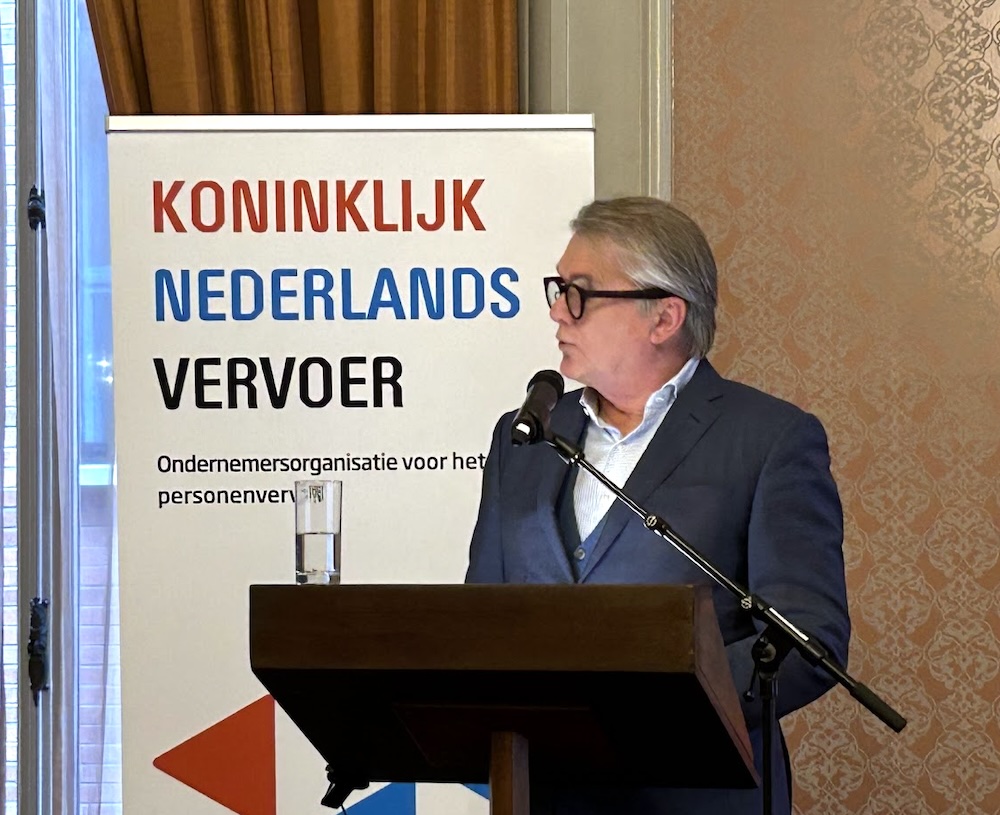For bus operators, the closure comes as a bolt from the blue.
Rijkswaterstaat's intention to impose a ban on trucks and buses over the bridge on the A29 near Purmerend with effect from Monday, April 7, has led to dissatisfaction among bus operators. The measure, intended to ensure the safety of the bridge and the people working on the reinforcement project, is seen by the sector as excessive and unfounded.
Bertho Eckhardt, chairman of Royal Dutch Transport, expresses his surprise at this sudden decision. “We understand that safety comes first, but it seems like Rijkswaterstaat is using a cannon to kill a mosquito,” he says. According to Eckhardt, even when fully loaded, coaches do not exceed the 18-ton limit. This is despite the fact that Rijkswaterstaat states that vehicles over 25 tons pose a danger to the structural integrity of the bridge.
However, in recent times, up to 400 overweight trucks have driven over the bridge every day, regularly exceeding the permitted maximum load. Eckhardt thinks it is unreasonable that coaches that do not exceed this limit are now also subject to the ban. “This is incomprehensible. Without prior consultation, we are confronted with the consequences of violations by others,” he explains.
The closure not only affects bus companies, but also society. Coaches contribute significantly to the reduction of traffic jams; a single bus takes an average of 30 passenger cars off the road. They also play an important role in social traffic by, for example, transporting students, supporting public transport and transporting sports clubs to competitions.

Eckhardt emphasizes the economic impact of the closure and calls on Rijkswaterstaat to immediately reverse the measure for buses. “The damage to our sector is enormous. We will also contact Minister Harbers of Infrastructure and Water Management as soon as possible to argue for a speedy solution,” he says.
The coach sector in the Netherlands is not only a vital part of the national transport network, but also contributes significantly to tourism in areas such as Edam and Volendam. Every year, Dutch coach companies are jointly responsible for no less than 7 billion passenger kilometers.
With this closure, not only the interests of the bus companies are at stake, but also the efficiency of the Dutch transport system. The question remains whether Rijkswaterstaat will be willing to reconsider their position and reevaluate the need for this drastic measure.




